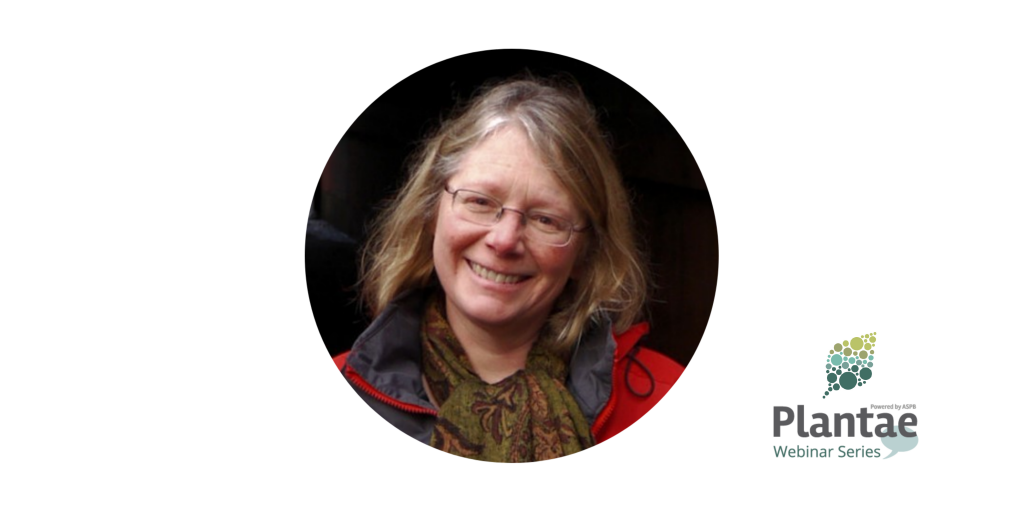
Preparing your research story for peer review and publication
Blog, Plantae Webinars, Science Communication, Webinars0 Comments
/
Preparing your research story for peer review and publication
Recorded Mary 2019
About this Webinar
Considering how important writing is to a career in science, many scientists receive little formal training in the writing process. In this seminar, Mary shares tips to help overcome common…
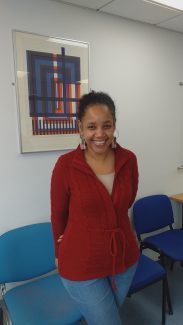
Taproot S3E6: Opening Channels of Communication Between Cells and Scientists
Blog, The Taproot Season 3, The-Taproot
In this episode, we talk with Dr. Yoselin Benitez-Alfonso who is a faculty member at the University of Leeds in the United Kingdom to bust the myth competition is a part of science that cannot be avoided.
Dr. Yoselin Benitez-Alfonso is originally from Cuba, and completed her graduate studies at…
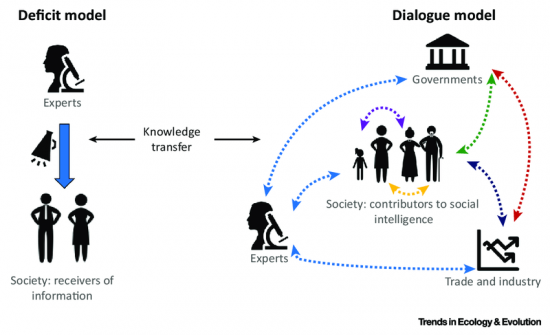
Creating a future of effective science communicators
BlogThe need for incentivized science communication training for graduate students
In 2017, I attended the March for Science in Denver, CO alongside two plant biology graduate students. The excitement I got from being in a mass of people who support science funding dissipated when we started talking to…
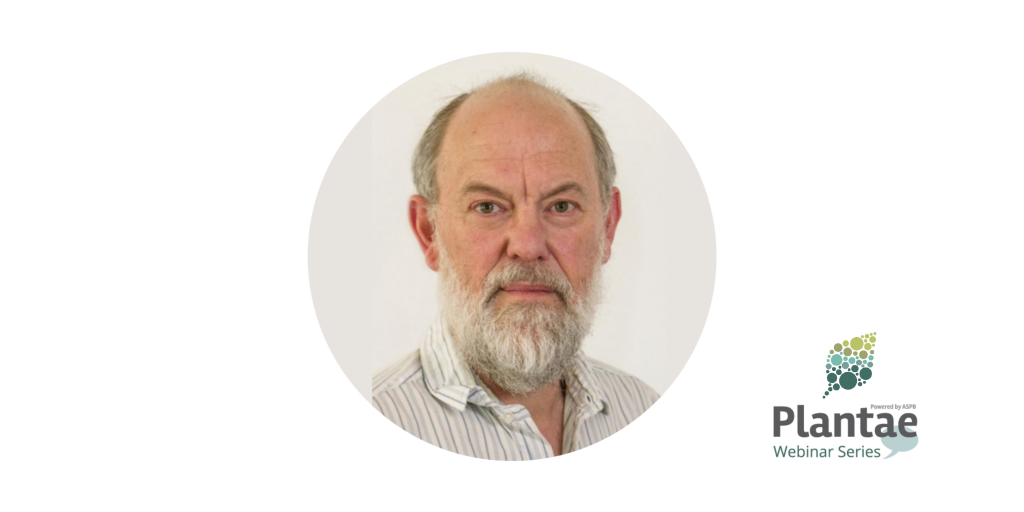
Maximizing the signal, decreasing the noise; Writing skills for communicating clearly
Plantae Webinars, Science Communication, WebinarsMaximizing the signal, decreasing the noise; Writing skills for communicating clearly
Recorded March 14, 2019
About This Webinar
This seminar introduces Professor Tobias Baskin’s writing philosophy in the form of a set of guidelines for writing clearly that is based on how people read. In…

Taproot S3E4: Challenging Environments: Sunflowers, Drought, and Making Waves as an Early Career Scientist
Blog, The Taproot Season 3, The-TaprootIn this episode, Liz and Ivan talk with Dr. Rishi R. Masalia to bust the myth that early to late-career scientists should not speak up and make a difference to training programs and local communities.
But how can we know when to or when not to STFU? (Listen to the episode to find out what that stands…

Opinion: How can we boost the impact of publications? Try better writing (PNAS)
Plant Science Research WeeklyWriting is one of the most important of a scientist’s skills but often overlooked during their training. As Freeling et al. observe, good writing takes time, both to learn and to teach, so what’s the incentive? In this Opinion article, they make an effort to quantify the impact (measured by citation…

Scientific communication in a post-truth society (PNAS)
Plant Science Research WeeklyI think most scientists are occasionally exasperated when confronted with statements that clearly contradict what we know to be true, whether the topic is climate change, vaccine safety or biotechnology. Iyengar and Massey argue that the persistence of these flawed ideas is not due to a lack of positive…
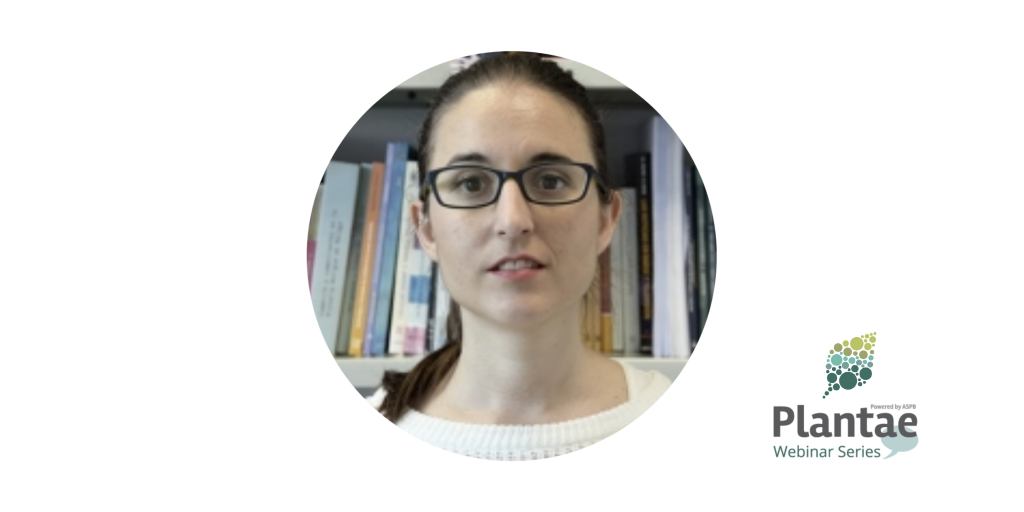
Is This Newsworthy? How to Assess if a Press Release Might Become a Science News Story
Blog, Plantae Webinars, Science CommunicationIs This Newsworthy? How to Assess if a Press Release Might Become a Science News Story
Recorded September 2018
About This Webinar
To understand how to write a successful press release, we will put ourselves in the mind of a journalist trying to decide whether several press releases are…
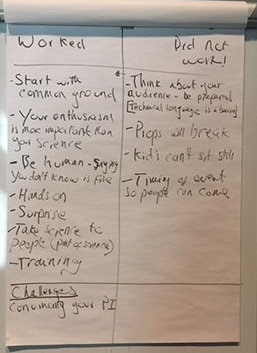
Communicating Science in the Age of Fake News: Broadening Your Impact
BlogICAR2018 Workshop on Public Engagement, June 28, 2018
Communicating Science in the Age of Fake News: Broadening Your Impact
ICAR2018 Workshop on Public Engagement, June 28, 2018
Background
As part of an NSF-funded Research Coordination Network grant, the North American Arabidopsis Steering Committee…

